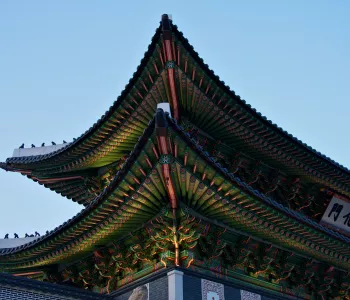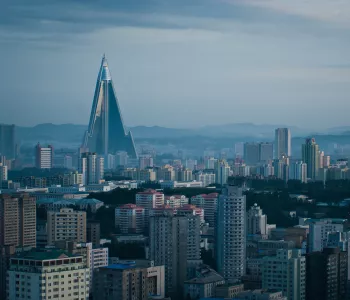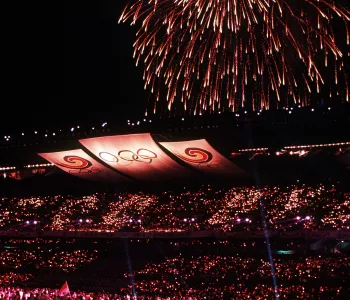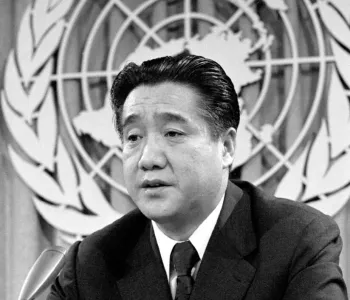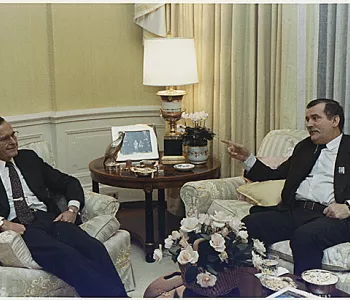d'Vinci

Roh, Tae-woo
President of the Republic of Korea (ROK) from 1988 to 1993.

ROH TAE-WOO (1932- ). President of the Republic of Korea (ROK) from 1988 to 1993. Roh graduated from the ROK Military Academy in 1955. He later underwent advanced military training in the United States and in the ROK Military War College. As commander of the Capital Security Command in December 1979, he played a key role in the coup that brought his colleague Chun Doo-hwan to power. He became commander of the Defense Security Command in 1980 but left the army the following year to hold a series of ministerial posts during Chun's presidency. After various political maneuverings Roh succeeded Chun as president of the ROK. He presided over the 1988 Olympic Games, which most socialist countries attended despite opposition from the Democratic People's Republic of Korea (DPRK). This helped him develop his concept of Nordpolitik, announced soon after taking office, which was modeled on the earlier Ostpolitik of Willy Brandt of the Federal Republic of Germany. By 1992, the majority of socialist countries, including the Soviet Union and China, had established diplomatic relations with the ROK. Roh also wanted better relations with the DPRK. Negotiations began that eventually led to the 1991 Agreement on Reconciliation, Nonaggression and Exchanges and Cooperation between the South and the North and other agreements, but these had not been implemented by the time Roh left office in 1993, and they have remained largely a dead letter. In his last two years in office, he had to cope with growing international concern over the DPRK's nuclear program.
Roh had concluded an alliance with the veteran opposition leader Kim Young-sam, who succeeded him as president in 1993. The latter was unable to prevent attacks on Roh and Chun for the 1979 coup and eventually agreed to their arrest and trial on charges that included bribery and corruption, to which mutiny and treason were later added. Roh received a heavy fine and 22 years' imprisonment but was released after a short time. The fine has remained unpaid.
All rights reserved. No portion of this publication may be reproduced, stored in a retrieval system, or transmitted in any form by any means, electronic, mechanical, photocopying, recording or otherwise without the prior written permission of the publisher. (Historical Dictionary of the Democratic People's Republic of Korea, by James E. Hoare, published by RLPG Books, appears by permission of the author and publisher).
Roh had concluded an alliance with the veteran opposition leader Kim Young-sam, who succeeded him as president in 1993. The latter was unable to prevent attacks on Roh and Chun for the 1979 coup and eventually agreed to their arrest and trial on charges that included bribery and corruption, to which mutiny and treason were later added. Roh received a heavy fine and 22 years' imprisonment but was released after a short time. The fine has remained unpaid.
All rights reserved. No portion of this publication may be reproduced, stored in a retrieval system, or transmitted in any form by any means, electronic, mechanical, photocopying, recording or otherwise without the prior written permission of the publisher. (Historical Dictionary of the Democratic People's Republic of Korea, by James E. Hoare, published by RLPG Books, appears by permission of the author and publisher).

